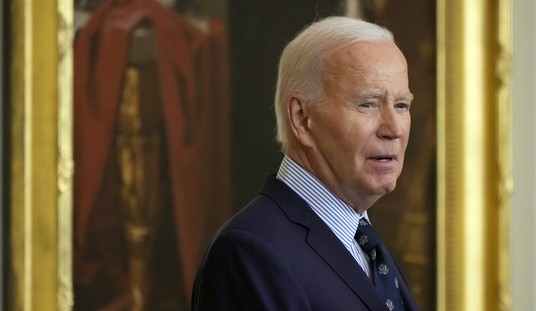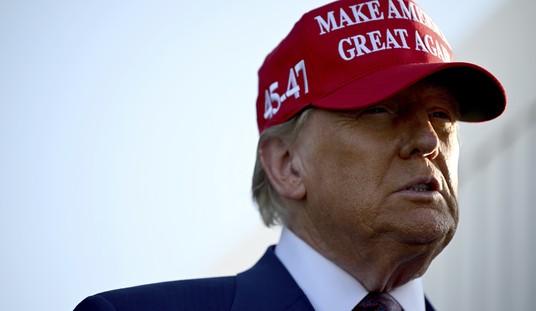In Presidential elections where the Republican candidate wins or comes close, you tend to see the same dynamic unfold in terms of the ideological breakdown of the electorate. The Republican wins between 80 and 85% of conservatives, the Democrat wins between 80 and 85% of liberals, and the Democrat wins moderates by some relatively small percentage. The Republican either wins or comes close based on the strength of the fact that self-identified conservatives usually outnumber self-identified liberals by around 35%-25%. This is the dynamic you saw in both 2004 and 2012, which were both very close elections.
Hidden in today’s CBS’s poll (not included in the crosstabs) is an indication that Trump’s alienation of conservatives is the reason he is behind in this poll.
Perhaps the most startling finding in @CBSNewsPoll:
Among self-described conservatives, 21% now say they’ll vote for Clinton over Trump.— Steven Portnoy (@stevenportnoy) August 1, 2016
Trump’s support among self-ID’d conservatives in our @CBSNewsPoll is at 64%.
Bush in ’04 exits – 84%
McCain in ’08 – 78%
Romney in ’12 -82%— Steven Portnoy (@stevenportnoy) August 1, 2016
It’s impossible to do with 100% accuracy without knowing the ideological breakdown of the sample, which neither CBS nor Portnoy provide (at least not that I can see, but if you assume a sample consistent with the 2004/2008/2012 electorate that is roughly 35% self-ID’ed conservatives, moving that 35% from the usual 82-15 split in favor of the R to a 64-21 split in favor of Trump equates to about a 7-8% swing in the overall electorate.
In other words, if Trump were performing as well as the average Republican candidate among conservatives, he would be winning. He’s tanking (relatively speaking) among that group instead, so he is losing.
Make of that what you will.
UPDATE: One other point worth making. Of the 18-20% of conservatives that Trump has lost (relative to Bush/Romney), it appears that roughly one third of them have gone to outright voting for Clinton, and two thirds to some third option or undecided.
Now, many Republicans have been saying for weeks that there is no substantive difference between the two choices – that any vote for anyone not named Donald Trump is a de facto vote for Clinton. Setting aside the staggering logical problems with this assertion, let’s do the math of what it would look like if all the conservatives Trump lost cast actual votes for Clinton instead of protest votes for Gary Johnson or writing in Ted Cruz or whatever. In such a scenario, the swing among the overall electorate moves from 7-8% to 10-11%, meaning that instead of being behind by 6% in this poll, Trump would be behind by 9 or 10%.
Which is yet another illustration of the fact that no, a vote for a third party candidate is not the same as a vote for Clinton, and Trump voters should be glad for that fact.













Join the conversation as a VIP Member